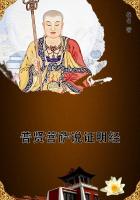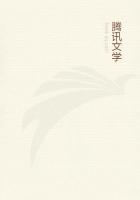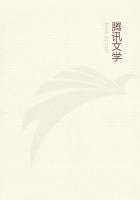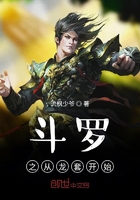This appeal to the chieftain's pride had the desired effect.
The warriors were compelled to give up the rope, which was delivered on board, and the party set sail with a fresh breeze from the southeast.
The explorers were soon out of the country of the Teton Sioux and into that of the Ricaras, or, as these Indians are more commonly called, the Rickarees.
On the first day of October they passed the mouth of a river incorrectly known as Dog River, as if corrupted from the French word chien.
But the true name is Cheyenne, from the Indians who bear that title.
The stream rises in the region called the Black Mountains by Lewis and Clark, on account of the great quantity of dark cedar and pine trees that covered the hills. This locality is now known as the Black Hills, in the midst of which is the famous mining district of Deadwood. In these mountains, according to Lewis and Clark, were to be found "great quantities of goats, white bear, prairie cocks, and a species of animal which resembled a small elk, with large circular horns." By the "white bear" the reader must understand that the grizzly bear is meant.
Although this animal, which was first discovered and described by Lewis and Clark, is commonly referred to in the earlier pages of the journal as "white," the error naturally came from a desire to distinguish it from the black and the cinnamon-colored bears.
Afterwards, the journal refers to this formidable creature as the grizzly, and again as the grisly. Certainly, the bear was a grizzled gray; but the name "grisly," that is to say, horrible, or frightful, fitted him very well. The Latin name, ursus horribilis is not unlike one of those of Lewis and Clark's selection.
The animals with circular curled horns, which the explorers thought resembled a small elk, are now known as the Rocky Mountain sheep, or bighorn. They very little resemble sheep, however, except in color, head, horns, and feet. They are now so scarce as to be almost extinct.
They were among the discoveries of Lewis and Clark. The prairie cock is known to western sportsmen as "prairie chicken;" it is a species of grouse.
It was now early in October, and the weather became very cool.
So great is the elevation of those regions that, although the days might be oppressively warm, the nights were cold and white frosts were frequent. Crossing the Rocky Mountains at the South Pass, far south of Lewis and Clark's route, emigrants who suffered from intense heat during the middle of day found water in their pails frozen solid in the morning.
The Rickarees were very curious and inquisitive regarding the white men.
But the journal adds: "The object which appeared to astonish the Indians most was Captain Clark's servant York, a remarkably stout, strong negro.
They had never seen a being of that color, and therefore flocked round him to examine the extraordinary monster. By way of amusement, he told them that he had once been a wild animal, and been caught and tamed by his master; and to convince them, showed them feats of strength which, added to his looks, made him more terrible than we wished him to be."
"On October 10th," says the journal, "the weather was fine, and as we were desirous of assembling the whole nation at once, we despatched Mr. Gravelines (a trader)--who, with Mr. Tabeau, another French trader, had breakfasted with us--to invite the chiefs of the two upper villages to a conference.
They all assembled at one o'clock, and after the usual ceremonies we addressed them in the same way in which we had already spoken to the Ottoes and Sioux. We then made or acknowledged three chiefs, one for each of the three villages; giving to each a flag, a medal, a red coat, a cocked hat and feather, also some goods, paint and tobacco, which they divided among themselves.
After this the air-gun was exhibited, very much to their astonishment, nor were they less surprised at the color and manner of York. On our side we were equally gratified at discovering that these Ricaras made use of no spirituous liquors of any kind, the example of the traders who bring it to them, so far from tempting, having in fact disgusted them.
Supposing that it was as agreeable to them as to the other Indians, we had at first offered them whiskey; but they refused it with this sensible remark, that they were surprised that their father should present to them a liquor which would make them fools.
On another occasion they observed to Mr. Tabeau that no man could be their friend who tried to lead them into such follies."
Presents were exchanged by the Indians and the white men; among the gifts from the former was a quantity of a large, rich bean, which grows wild and is collected by mice.
The Indians hunt for the mice's deposits and cook and eat them.

